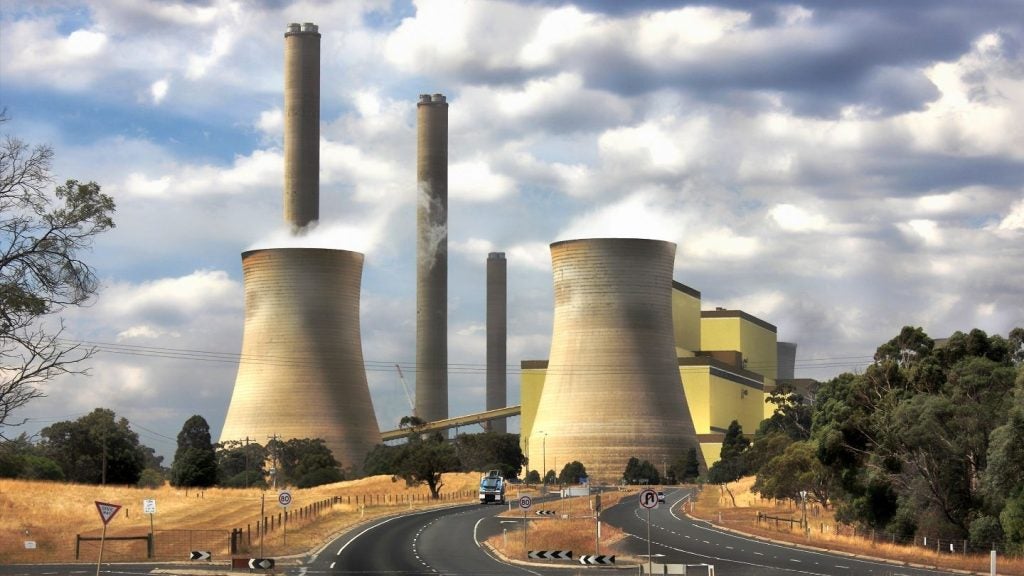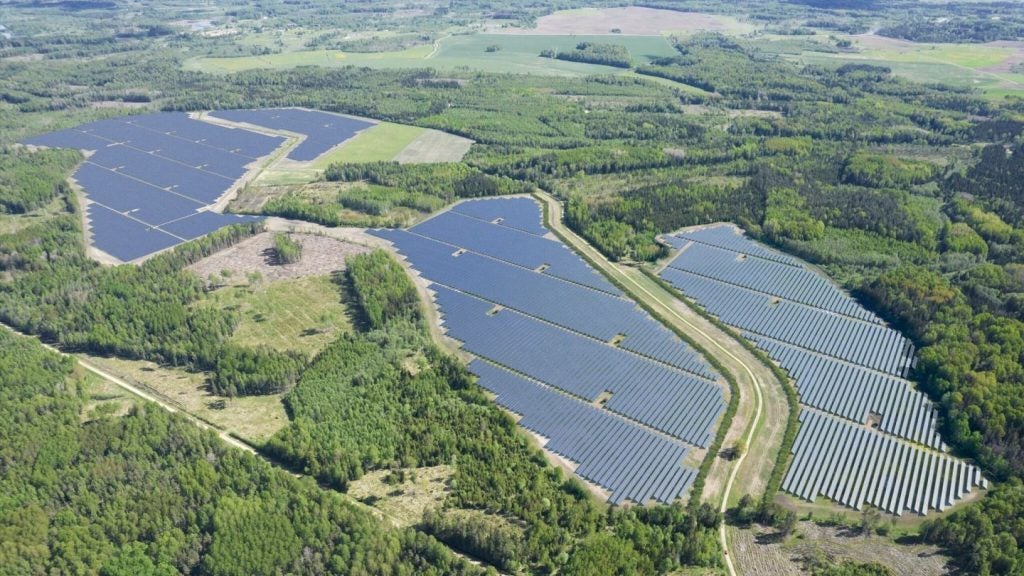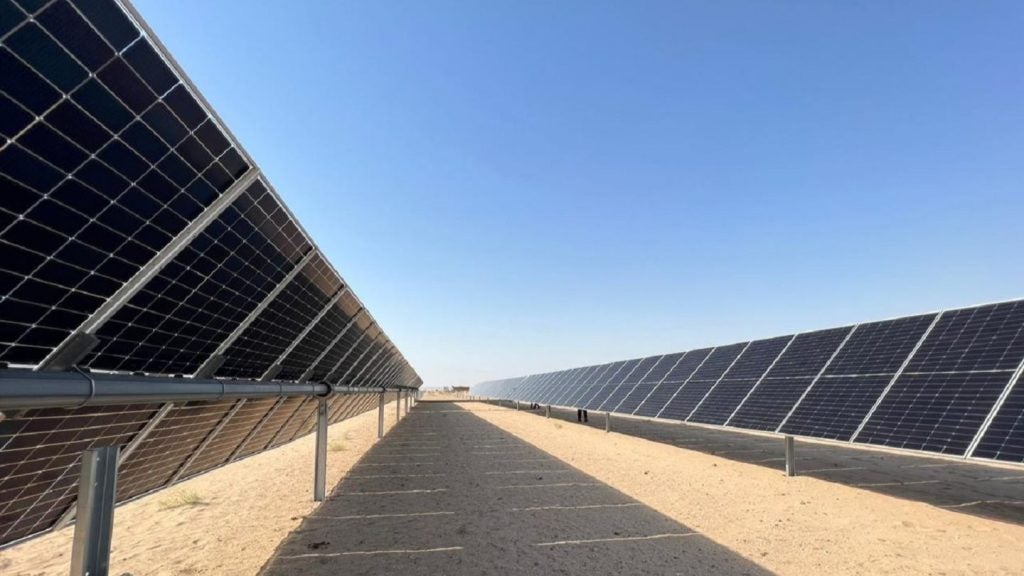South African municipalities now owe more than $3.3bn (R63.2bn) in combined debt to struggling power company Eskom, the country’s Electricity Minister Kgosientsho Ramokgopa said on 20 August, adding that this figure is continuing to rise exponentially.
Ramokgopa warned that ongoing debt struggles owed to the state-owned company could result in even longer power cuts, Reuters reports. He added that the amount owed by local governments has risen by $247.3m since the beginning of this year.
Some municipalities in the country do not have the financial resources to repay debts, forcing them instead to make cutbacks on power infrastructure maintenance, lowering the reliability of grids and causing widespread electricity outages.
While Eskom supplies power to approximately 238 municipalities in South Africa, just 20 municipalities account for more than three quarters (77%) of the total overdue debt, Ramokgopa said: "The rate at which we are experiencing this, even the annual growth of municipal debt is going to increase and increase exponentially," he added.
Eskom’s own debt worries have exacerbated a long-running power crisis across the country by undermining its ability to upgrade grid infrastructure. Over the last few months, load shedding and resultant power cuts have become common as the government attempts to battle low transmission capacity.
Slow upgrades to the grid also make- integrating newer, renewable energy sources into the power supply more difficult. The government has estimated that it would cost approximately $11bn to complete the upgrades required for a stable electricity supply.
The government is now looking at ways to fix the municipal debt crisis by exploring various financial options to aid with upgrading distribution infrastructure, Ramokgopa concluded. He did not specify a timeline for managing the crisis.
In May, Eskom warned that power cuts would become more frequent across South Africa in the coming months, as the country entered its winter. Scheduled load shedding has continued to be a frequent occurrence. On 14 August, the company put out a statement warning that stage 3 load shedding would be implemented for 13 hours, with stage one load shedding then taking over for the next nine hours. The company also pleaded with members of the public to reduce electrical demand by turning off non-essential appliances in their homes, and using essential power “sparingly and efficiently”.















